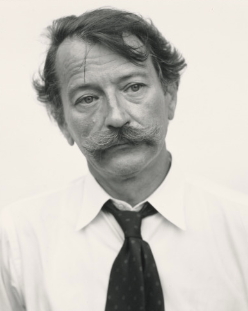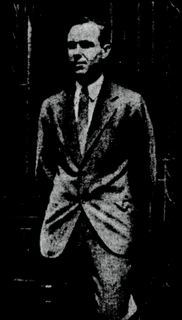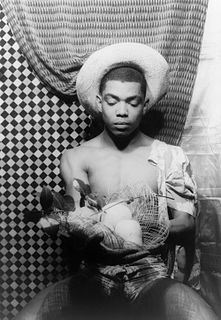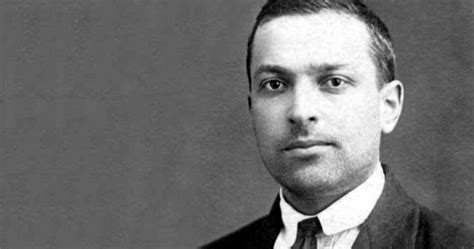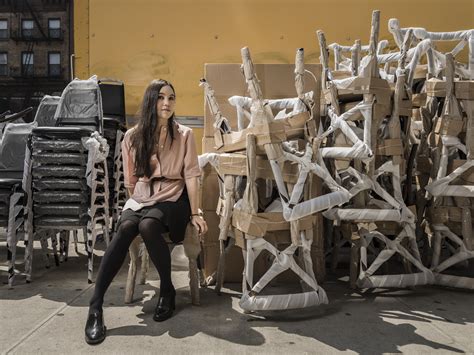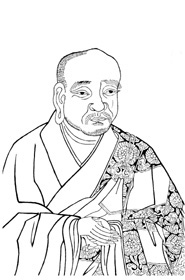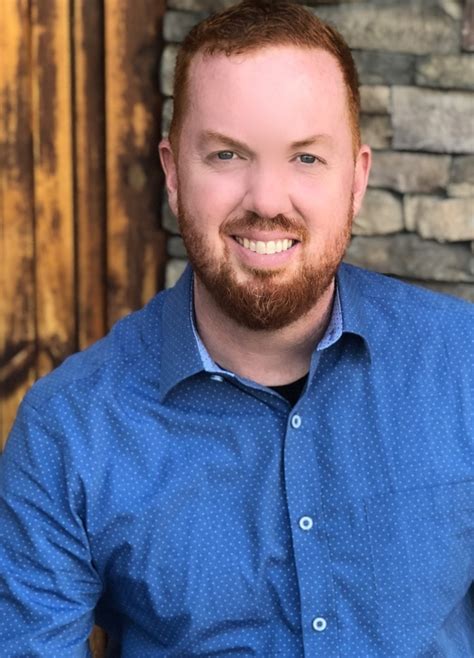A Quote by John Szarkowski
The central act of photography, the act of choosing and eliminating, forces a concentration on the picture edge - the line that separates in from out - and on the shapes that are created by it.
Quote Topics
Related Quotes
Photography is inherently an analytic discipline. Where a painter starts with a blank canvas and builds a picture, a photographer starts with the messiness of the world and selects a picture. A photographer standing before houses and streets and people and trees and artifacts of a culture imposes an order on the scene - simplifies the jumble by giving it structure. He or she imposes this order by choosing a vantage point, choosing a frame, choosing a moment of exposure, and by selecting a plane of focus.
When one is rising, standing, walking, doing something, stopping, one should constantly concentrate one's mind on the act and the doing of it, not one ones' relation to the act or its character or value... One should simply practice concentration of the mind on the act itself, understanding it to be an expedient means for attaining tranquility of mind, realization, insight, and wisdom.
Why does a woman carry a gun? Because, under our system, every citizen has the latitude to act in the absence of police; the latitude to act reasonably, to act immediately, to act in defense of self, to act in defense of another, to act with lethal force, to act with her acquired training and to act not in anger but to respond in purpose. To exercise the protections of that latitude in public policy, public interest and practical safety, all that is demanded of her is that she act reasonably under the circumstances.
It's possible to think of photography as an act of editing, a matter of where you put your rectangle pull it out or take it away. Sometimes people ask me about films, cameras and development times in order to find out how to do landscape photography. The first thing I do in landscape photography is go out there and talk to the land - form a relationship, ask permission, it's not about going out there like some paparazzi with a Leica and snapping a few pictures, before running off to print them.
I enjoy a third act, and I like stories with ending. A lot of my frustration with serialized storytelling is a lot of shows don't have a third act. They have an endless second act, and then they find out it's their last year and often have to hustle to invent a third act, but they were never necessarily organically meaning to begin with.
The sexual act - thinking about the sexual act, the telling about the sexual act, after the sexual act, is so much more important than the actual sexual act - just in time. It's like of the whole sexual act, you probably spend 95% of the time thinking about it, talking about it afterwards. The actually sexual act, especially when you're 17, is minutes.
